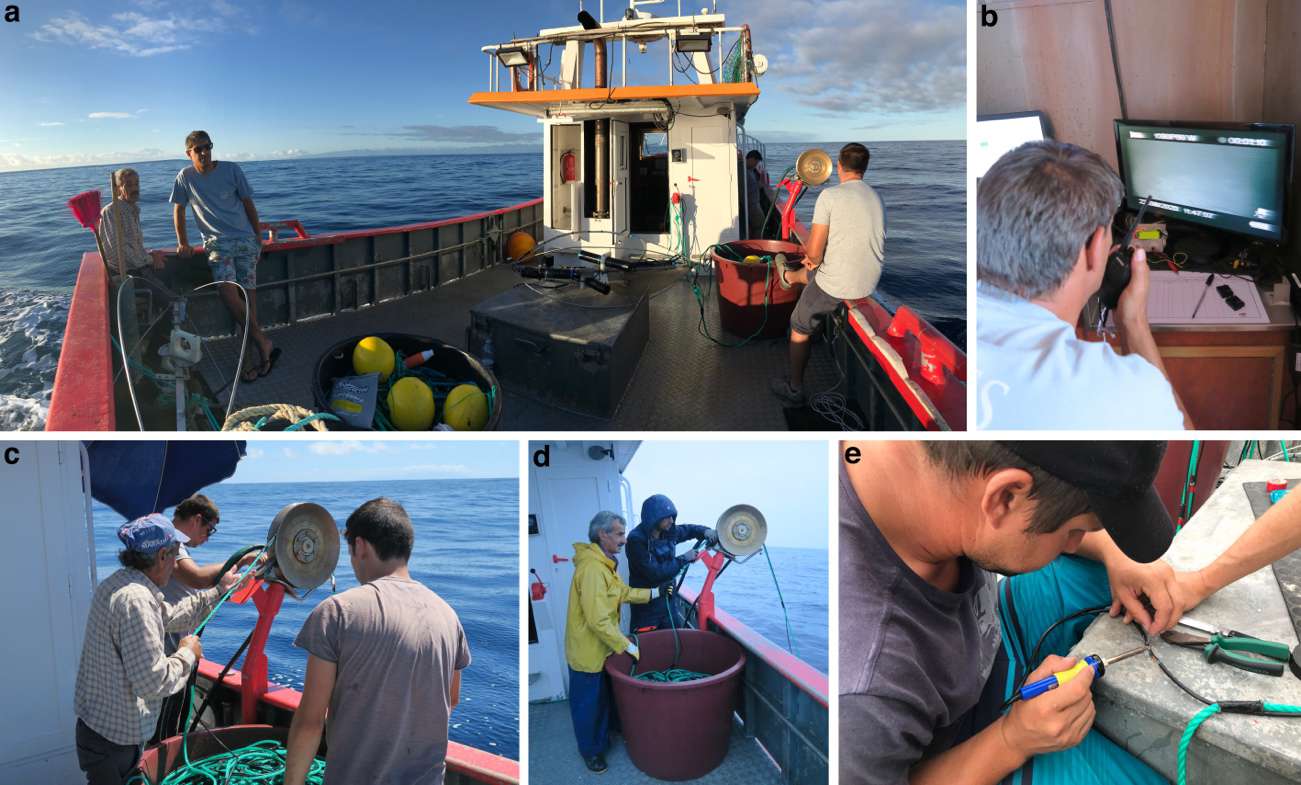
Changing environmental conditions and human activities have major impacts on the distribution and sustainability of living marine resources. This poses a serious challenge to the business and policy communities seeking to balance societal needs with environmental sustainability. Large-scale ocean observation is needed to improve our understanding of how deep ocean ecosystems function, their roles as reservoirs of biodiversity and genetic resources, and their health under future scenarios of climate change and human use.
 MapGES 2020
MapGES 2020
678760 (ATLAS)
European Union’s Horizon 2020
01/05/2016 to 30/04/2020
We lead the ATLAS WP3 Biodiversity and Biogeography, lead the case study #8 Azores and participated in many other work packages such as WP2 Functional Ecosystems, WP6 Maritime Spatial Planning, WP7 Policy Integration to Inform Key Agreements, and WP9 Dissemination, Knowledge Transfer and Outreach.
Departamento de Oceanografia e Pescas
Rua Prof. Doutor Frederico Machado, 4
9901-862 Horta, Portugal